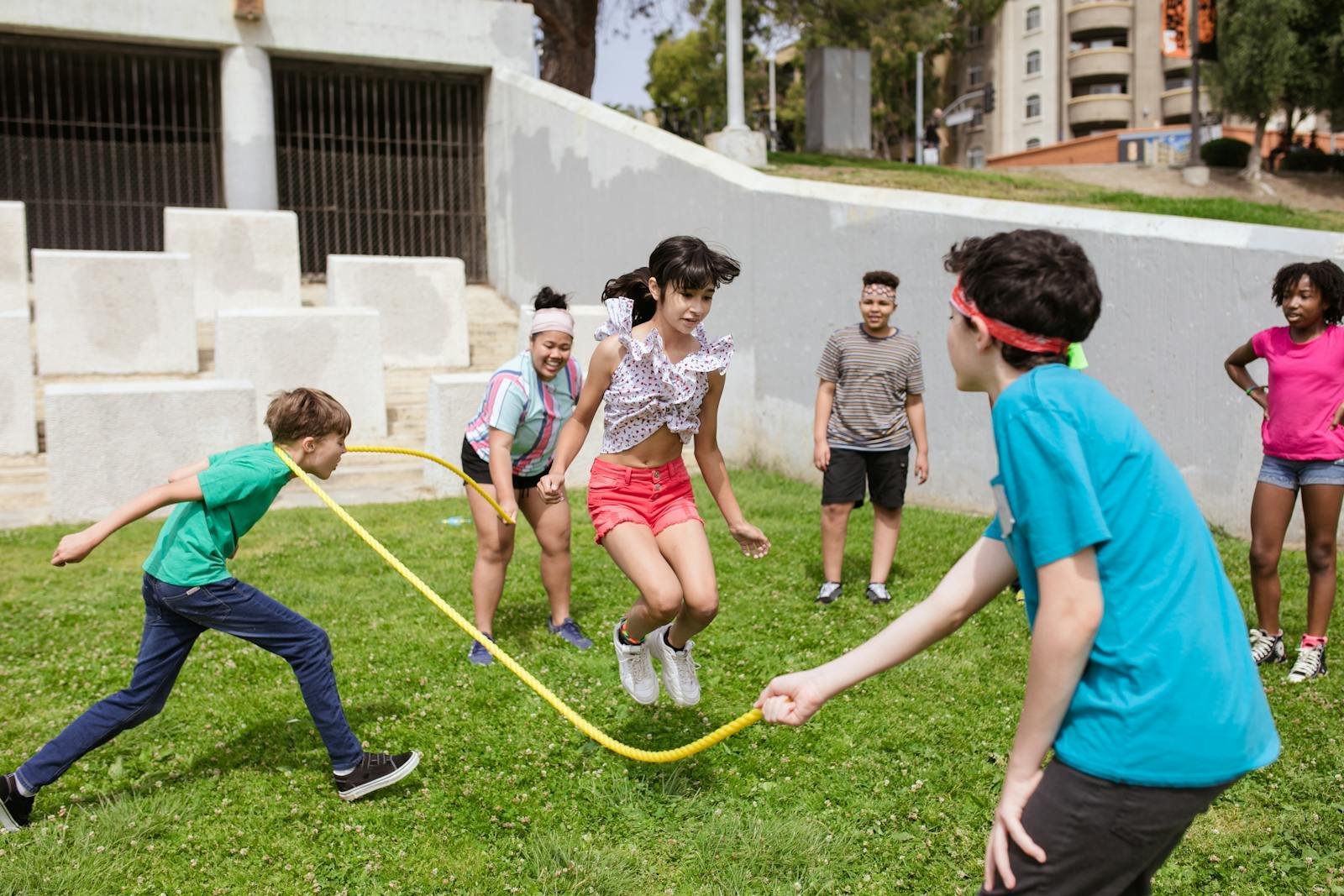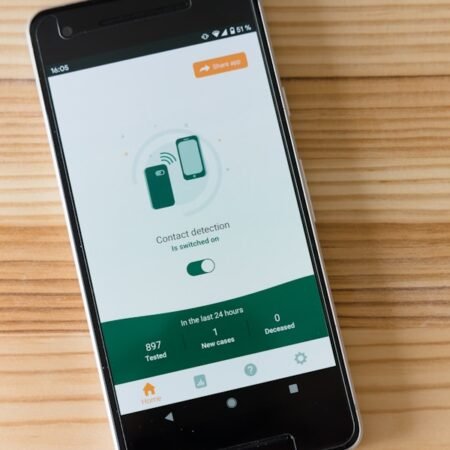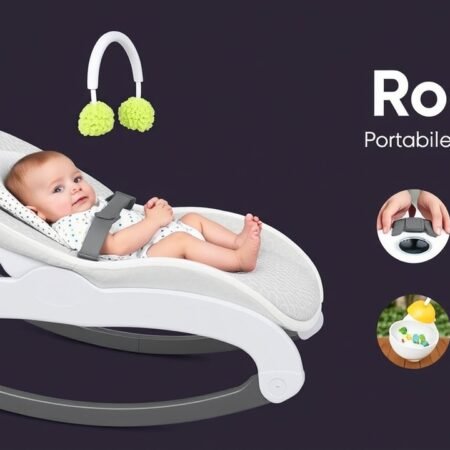The use of technology and screen time has become increasingly prevalent in today’s society, and toddlers are not exempt from this trend. However, the impact of screen time on toddlers’ development has been a topic of much debate and concern among parents and experts alike. On one hand, some argue that excessive screen time can have negative effects on toddlers’ cognitive and social development. They believe that too much exposure to screens can lead to attention issues, delayed language development, and decreased social interaction. On the other hand, some experts argue that when used in moderation and with appropriate content, screen time can actually have some benefits for toddlers. They believe that educational apps and games can help toddlers develop important skills such as problem-solving, hand-eye coordination, and early literacy.
Furthermore, research has shown that the quality of the content being consumed during screen time is crucial. For example, a study published in JAMA Pediatrics found that toddlers who watched educational programming performed better on cognitive tests compared to those who watched non-educational programming. This suggests that the type of content being consumed during screen time can have a significant impact on toddlers’ development. Overall, it is clear that the impact of screen time on toddlers’ development is a complex issue that requires careful consideration and moderation.
Key Takeaways
- Excessive screen time can have negative impacts on toddlers’ development, including language and cognitive delays.
- There are a variety of educational apps and games available for toddlers that can help with learning and development.
- It’s important to balance screen time with active play for toddlers to promote physical and social development.
- Parental involvement is crucial in monitoring and guiding toddlers’ tech use for optimal learning and development.
- When choosing tech devices for toddlers, it’s important to consider age-appropriateness and safety features.
Educational Apps and Games for Toddlers: What’s Available
In recent years, there has been a surge in the development of educational apps and games specifically designed for toddlers. These apps and games cover a wide range of topics, from early literacy and numeracy to problem-solving and creativity. Many of these apps are interactive and engaging, making them an attractive option for parents looking to supplement their toddlers’ learning experiences. For example, apps such as “Endless Alphabet” and “Sago Mini World” have been praised for their ability to engage toddlers while teaching them important skills such as letter recognition and vocabulary.
Additionally, many educational apps and games for toddlers are designed to be customizable, allowing parents to tailor the content to their child’s specific needs and interests. This level of personalization can be particularly beneficial for toddlers who may have unique learning styles or developmental needs. However, it is important for parents to carefully vet the apps and games they choose for their toddlers, as not all educational content is created equal. Some apps may claim to be educational but lack evidence-based research to support their claims. Therefore, it is crucial for parents to do their due diligence in researching and selecting high-quality educational apps and games for their toddlers.
Balancing Screen Time with Active Play for Toddlers
While educational apps and games can be a valuable tool for toddlers’ learning experiences, it is important to balance screen time with active play. Active play, which includes activities such as running, jumping, and climbing, is essential for toddlers’ physical development and overall well-being. According to the American Academy of Pediatrics, toddlers should engage in at least 60 minutes of physical activity each day. This can be achieved through a combination of free play, structured activities, and outdoor play.
In addition to physical benefits, active play also provides toddlers with opportunities for social interaction, creativity, and problem-solving. These skills are essential for toddlers’ overall development and cannot be fully replicated through screen time alone. Therefore, parents should strive to create a balance between screen time and active play in their toddlers’ daily routines. This may involve setting limits on screen time, scheduling regular outdoor playtime, and providing a variety of toys and materials that encourage active play. By prioritizing both screen time and active play, parents can help ensure that their toddlers are receiving a well-rounded learning experience.
The Role of Parental Involvement in Toddlers’ Tech Use
| Technology | Impact on Toddler Development |
|---|---|
| Interactive Learning Apps | Improves cognitive skills and hand-eye coordination |
| Virtual Reality (VR) Games | Enhances spatial awareness and problem-solving abilities |
| Smart Toys | Encourages creativity and imagination |
| Educational Videos | Supports language development and introduces new concepts |
Parental involvement plays a crucial role in shaping toddlers’ tech use and experiences with technology. Research has shown that when parents are actively involved in their toddlers’ screen time, it can lead to more positive outcomes. For example, a study published in the Journal of Children and Media found that parental co-use of educational apps with toddlers was associated with higher levels of engagement and learning. This suggests that when parents are actively engaged in their toddlers’ tech use, they can help facilitate meaningful learning experiences.
Furthermore, parental involvement can also help mitigate some of the potential risks associated with screen time. For example, parents can help ensure that their toddlers are consuming age-appropriate content and setting limits on screen time. Additionally, parents can use screen time as an opportunity to engage in meaningful interactions with their toddlers, such as discussing the content being consumed or using technology as a tool for joint activities. Overall, parental involvement is essential for guiding toddlers’ tech use in a positive direction and maximizing the potential benefits of screen time.
Choosing Age-Appropriate Tech Devices for Toddlers
When it comes to choosing tech devices for toddlers, there are several factors that parents should consider to ensure that the devices are age-appropriate and safe. One important consideration is the durability of the device, as toddlers are known for their curiosity and tendency to explore through touch and play. Therefore, it is important to choose devices that are designed to withstand the wear and tear that comes with toddler use.
Another consideration is the content available on the device. Parents should look for devices that offer a wide range of age-appropriate educational apps and games that align with their child’s developmental stage. Additionally, parents should consider the ease of use and parental controls available on the device to ensure that they can monitor and manage their child’s tech use effectively. Finally, parents should also consider the potential health and safety risks associated with tech devices, such as exposure to blue light or potential choking hazards. By carefully considering these factors, parents can make informed decisions when choosing age-appropriate tech devices for their toddlers.
The Debate on Tech Use for Toddlers: Expert Opinions
The debate on tech use for toddlers has sparked a wide range of opinions from experts in child development, psychology, and education. Some experts argue that tech use for toddlers can have detrimental effects on their development, citing concerns such as decreased social interaction, attention issues, and delayed language development. They believe that excessive screen time can hinder toddlers’ ability to engage in real-world experiences and develop important social and emotional skills.
On the other hand, some experts argue that when used in moderation and with appropriate content, tech use can have some benefits for toddlers. They believe that educational apps and games can help toddlers develop important skills such as problem-solving, hand-eye coordination, and early literacy. Additionally, they argue that technology can be a valuable tool for supplementing toddlers’ learning experiences and providing access to educational content that may not be readily available through traditional means.
Overall, the debate on tech use for toddlers is complex and multifaceted, with valid points on both sides of the argument. It is clear that there is no one-size-fits-all approach to tech use for toddlers, and parents should carefully consider the potential benefits and risks when making decisions about their child’s tech use.
Tips for Using Technology to Enhance Toddlers’ Learning Experience
When used thoughtfully and in moderation, technology can be a valuable tool for enhancing toddlers’ learning experiences. Here are some tips for using technology to maximize its potential benefits for toddlers:
1. Choose high-quality educational apps and games that align with your child’s developmental stage and interests.
2. Set limits on screen time and prioritize active play as part of your child’s daily routine.
3. Use technology as a tool for joint activities with your child, such as discussing the content being consumed or engaging in interactive learning experiences.
4. Be actively involved in your child’s tech use by monitoring content, setting parental controls, and engaging in meaningful interactions.
5. Prioritize real-world experiences and social interactions alongside tech use to ensure a well-rounded learning experience for your child.
By following these tips, parents can help ensure that technology enhances their toddler’s learning experience in a positive and meaningful way.
In conclusion, the impact of screen time on toddlers’ development is a complex issue that requires careful consideration and moderation. While there are valid concerns about the potential risks associated with excessive screen time, there are also potential benefits when technology is used thoughtfully and in moderation. By choosing high-quality educational apps and games, balancing screen time with active play, actively involving parents in tech use, choosing age-appropriate tech devices, considering expert opinions on tech use for toddlers, and following tips for using technology to enhance learning experiences, parents can help ensure that their toddlers have a well-rounded learning experience that maximizes the potential benefits of technology while mitigating potential risks. Ultimately, it is important for parents to approach tech use for toddlers with mindfulness and intentionality to ensure that it serves as a valuable tool for their child’s development.
FAQs
What are the latest tech trends for toddlers?
The latest tech trends for toddlers include interactive learning apps, educational videos, and interactive toys that promote learning and development.
How can screen time be turned into learning time for toddlers?
Screen time can be turned into learning time for toddlers by choosing educational content, setting time limits, and engaging in interactive activities with the child while they are using technology.
What are some benefits of using technology for toddler learning?
Some benefits of using technology for toddler learning include improved cognitive development, language skills, and early literacy, as well as increased engagement and motivation for learning.
What are some potential drawbacks of excessive screen time for toddlers?
Potential drawbacks of excessive screen time for toddlers include decreased physical activity, delayed social development, and potential negative effects on attention and behavior.
How can parents ensure that their toddlers are using technology in a safe and beneficial way?
Parents can ensure that their toddlers are using technology in a safe and beneficial way by choosing age-appropriate content, setting limits on screen time, and actively participating in their child’s technology use.

































































